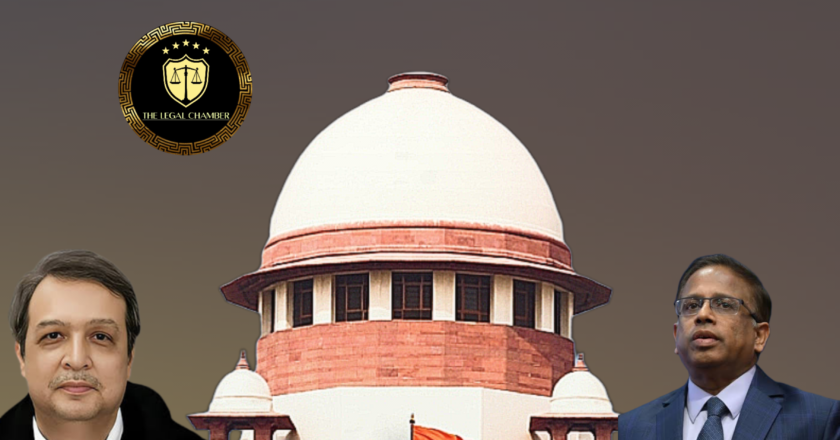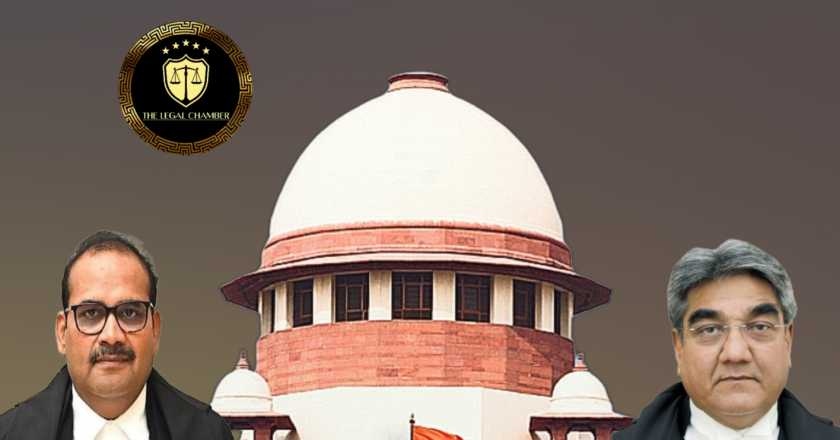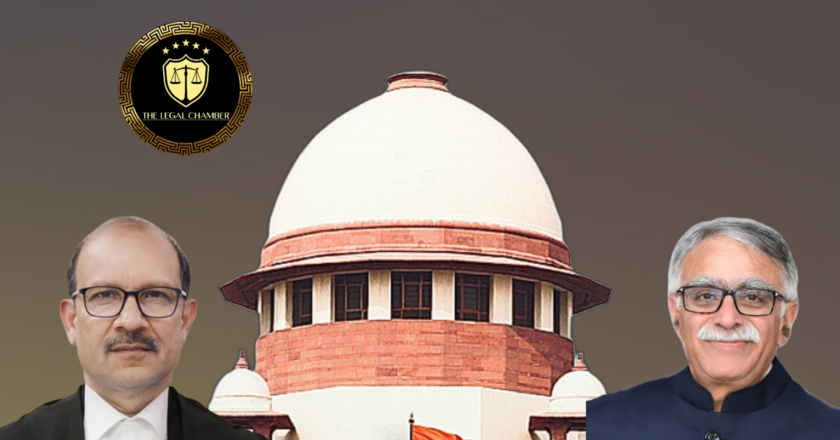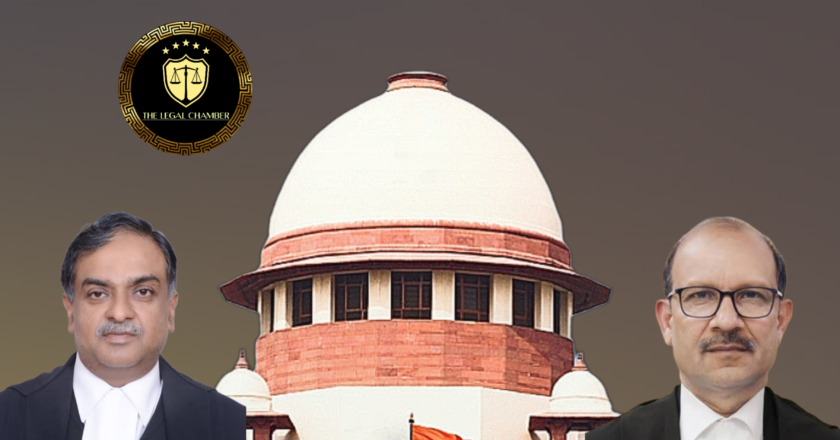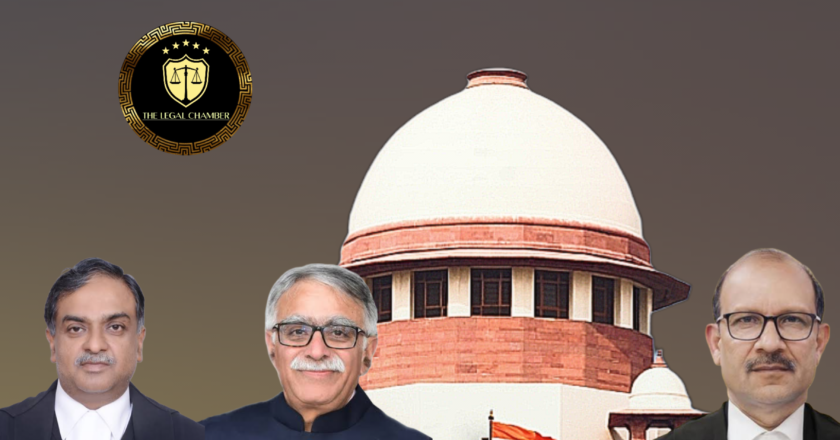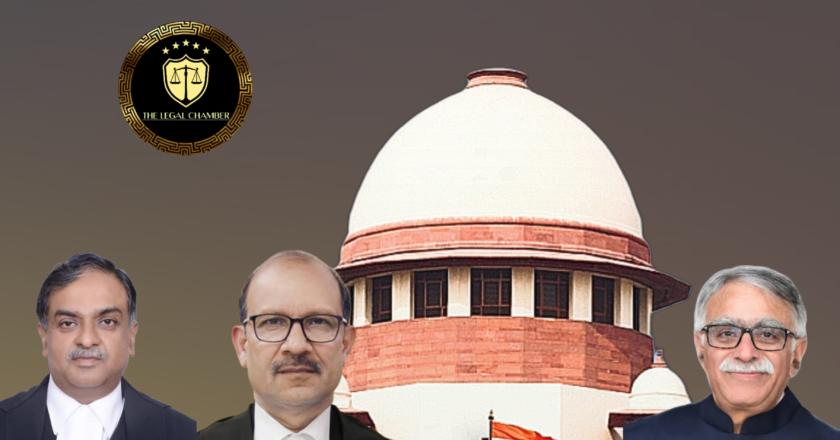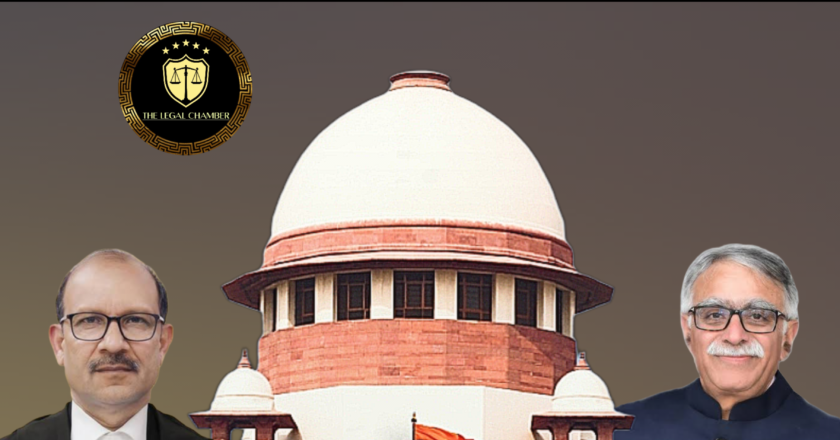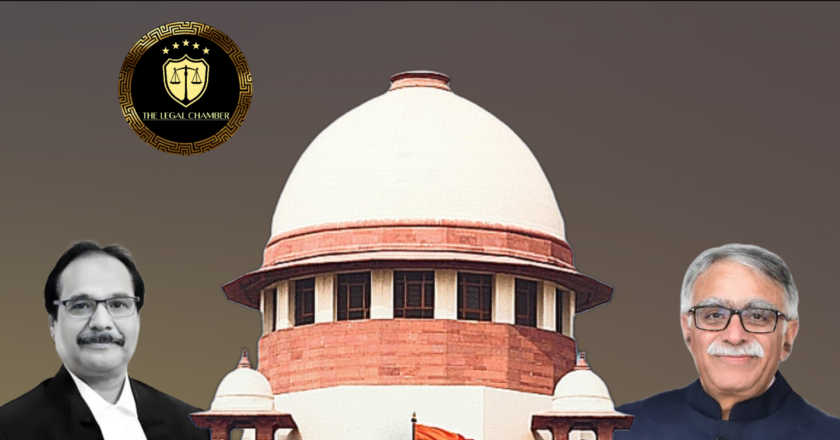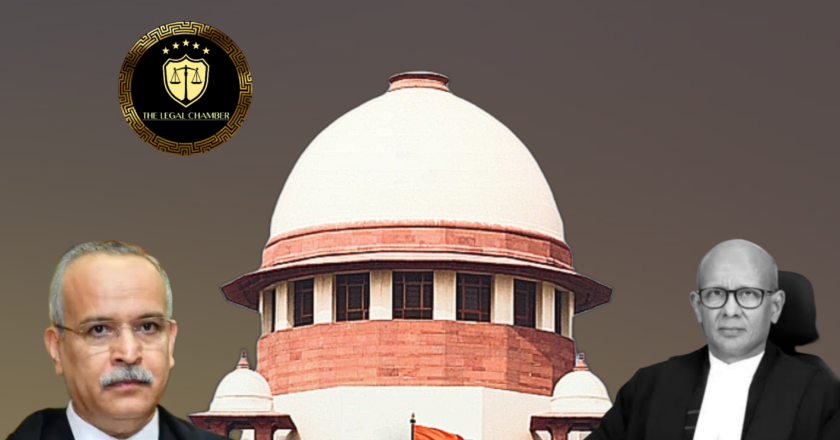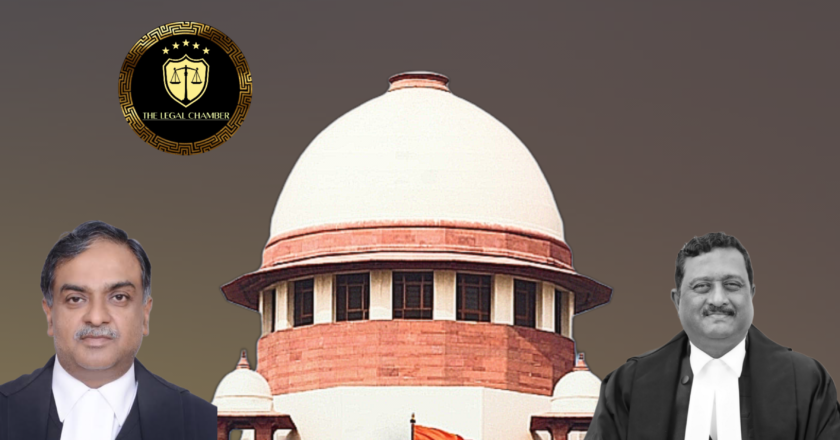Supreme Court: Limitation for Challenging Arbitral Award Starts Only From Delivery To The ‘Right’ Party
This Supreme Court judgement clarifies that the limitation period for filing an application to set aside an arbitral award under Section 34 of the Arbitration and Conciliation Act, 1996 begins only from the date a signed copy is validly delivered to the "party" as defined under the Act. For government entities, this "party" refers to the head of the concerned department or a person with decision-making authority, not a mere authorised representative. Service on a junior official does not constitute valid delivery to start the limitation clock.
Facts Of The Case:
The dispute originated from a contract executed between the appellant, M/s. Motilal Agarwala, and the State of West Bengal. An arbitral award was passed in favour of the appellant on 12th November 2013. On that same day, an autho...
